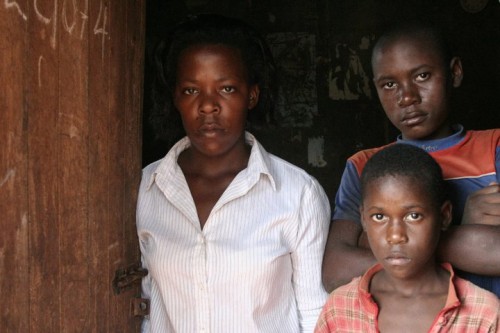How many slaves work for you?
This is the unsettling question that the new online tool and mobile app “Slavery Footprint” is asking of users across the globe. An initiative from the anti-slavery Call + Response campaign, the site is an attempt to bring awareness to forced labor around the world, and the extent to which the average consumer is unknowingly complicit in it.
The website begins by bringing the users attention to the fact that purchases like smart phones, t-shirts and a cup of coffee, among others, can actually be the product of forced slavery in the third world.
“The fact of the matter is, these reputable brands that we know and love, they just don’t know where all the materials come from,” the site’s front page reads. “What about the cotton in that t-shirt? The tantalum in that smart phone? The beans in that cup of joe? That’s where you find the slaves. In the fields. In the mines. In the raw materials processing.”
Users continuing through the site or app answer 11 lifestyle questions about the products they use, and what gadgets and jewelry they own. Afterward, they discover what their “slavery footprint” is.


